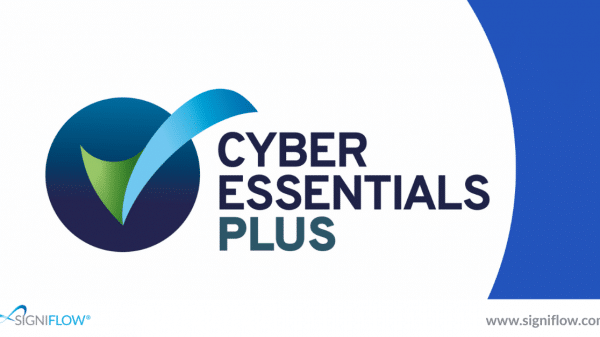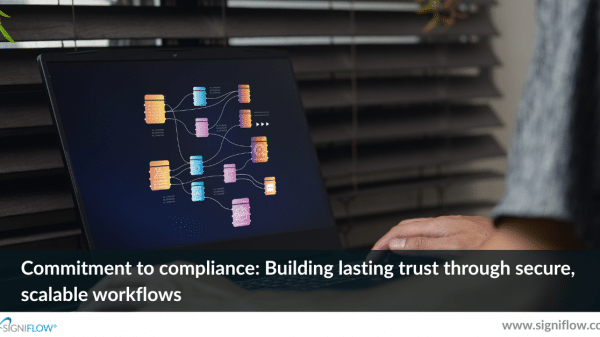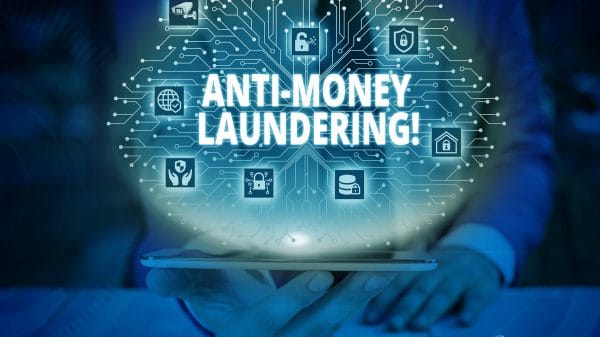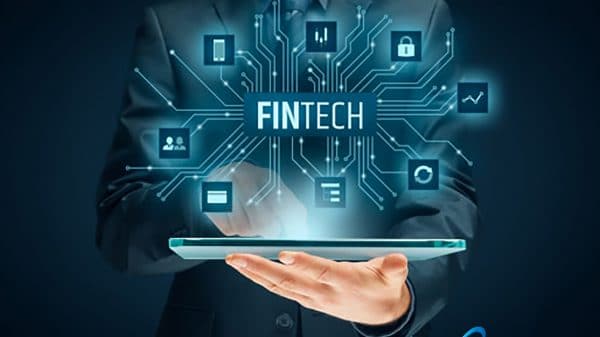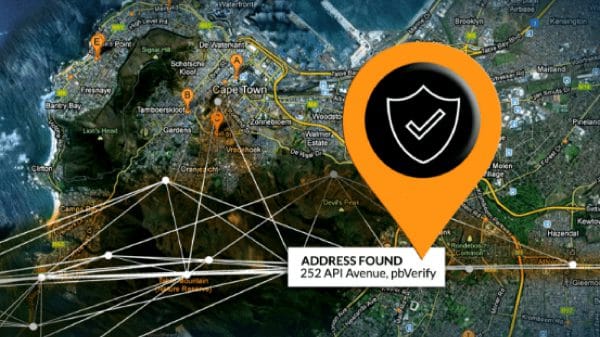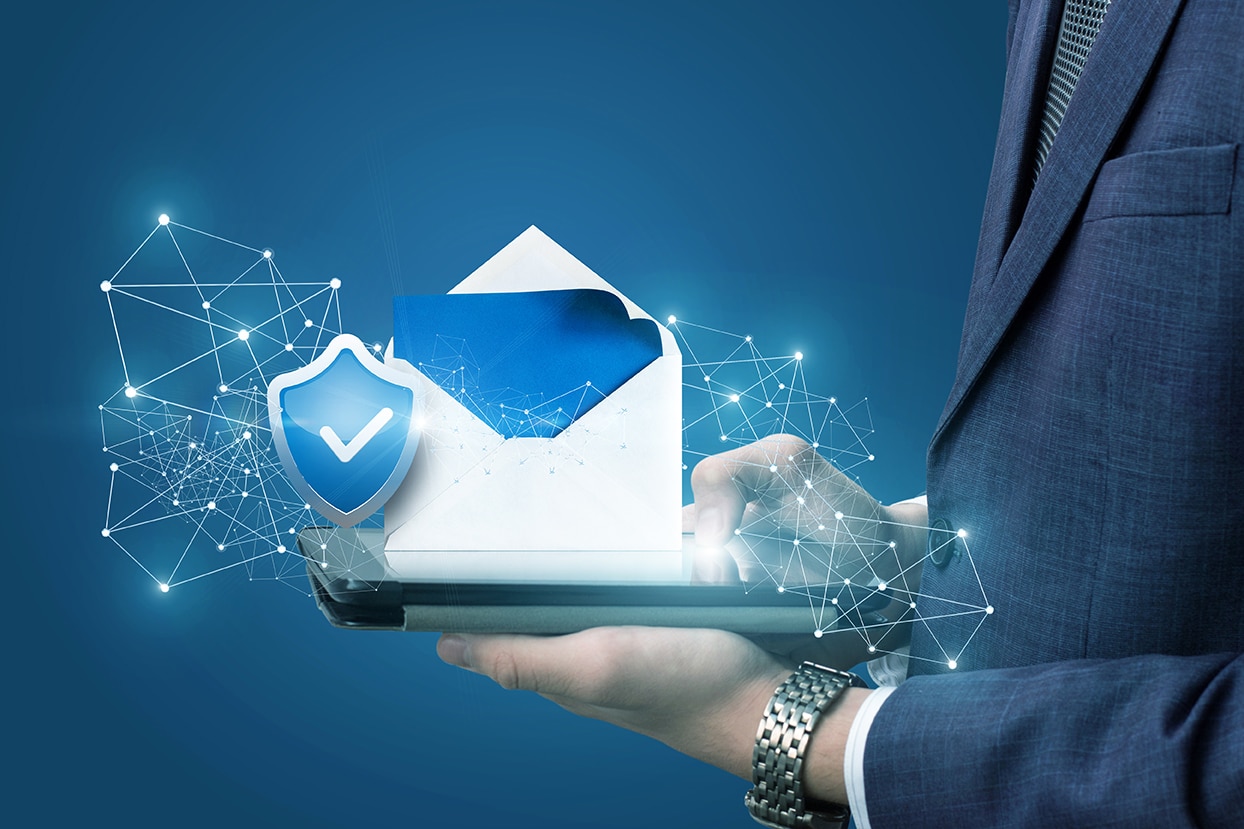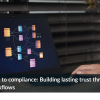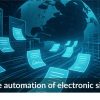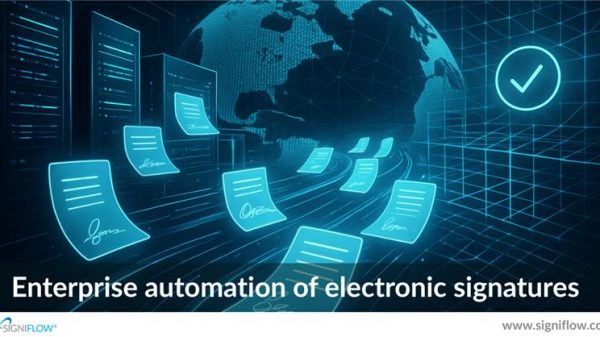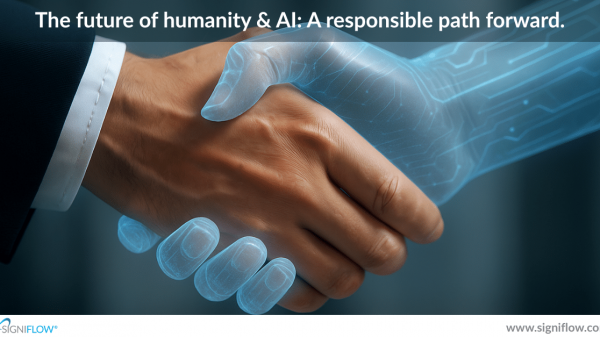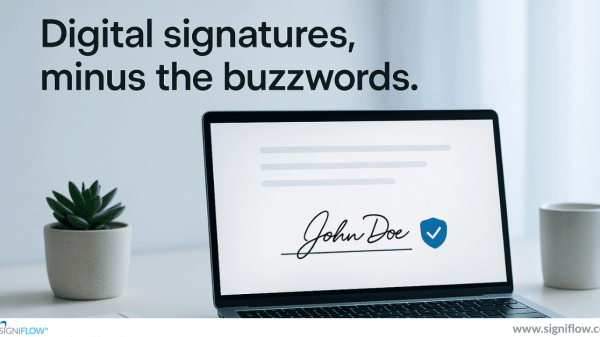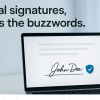SMIME Email Security Revised: Following challenges around support inconsistencies and a mobile shortfall with SMIME, the SigniFlow development team has taken the decision to change the default email policy for cloud and hybrid servers.
As of 1 October 2021, SigniFlow’s default email security will subscribe to the DMARC authentication standard, in lieu of SMIME.
The change in mail standard is based on SigniFlow’s core design priority, i.e. security. Since inception, security has been the driving factor behind all SigniFlow system changes and development decisions.
In recent months in particular, SMIME has become a cumbersome process for many of our clients’ document recipients. Specifically, because SMIME is not widely introduced on mobile devices, messages on these devices end up being displayed as attachments, as opposed to the intended format.
The screenshot below illustrates this issue:

Similarly, with many organisations having introduced email scanning services like Mimecast, the scanning and flagging of emails effectively breaks the signature and shows the email as being tampered with.
The screenshot below illustrates this issue:

Introducing DMARC
DMARC (Domain-based Message Authentication, Reporting & Conformance) is a technical standard that helps protect email senders and recipients from advanced threats that can be the source of an email data breach. DMARC email security provides a way for domain owners to outline their authentication practices and specify the actions to be taken when an email fails authentication. DMARC also provides a way for recipients to report on email that fails authentication.
DMARC benefits businesses by providing another layer of protection that guards against attacks like impersonation fraud, where an attacker uses a legitimate domain to send a fraudulent message.

How will it work going forward?
As of October 2021, mails will no longer be signed with SMIME certificates by default. Instead, SigniFlow will be adopting SPF, DKIM and DMARC records to ensure email origination can be validated by receiving mail servers.
SMIME signing of emails will still be available as a feature, and can be enabled on request for hybrid server clients.
For more information, read Agari’s email security blog HERE, or this LinkedIn article by cybersecurity professional, Marnix Dekker, HERE.
REFERENCES

